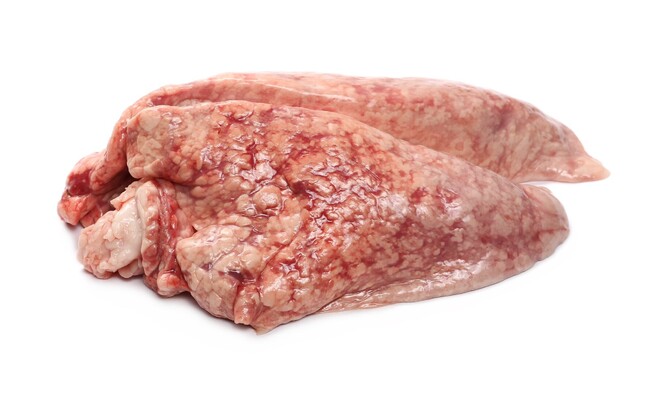The effect of environment on pneumonia in goats:
The main things that influence the amount of respiratory disease seen in a shed are the temperature, ventilation, animal density and general construction of the shed.
Temperature
At temperatures greater or lower than that in the table below, goats have to use energy to maintain their body temperature. Goats that get too hot may pant and this increases the likelihood of infection.
Ventilation
Too much ammonia from urine causes damage to the respiratory tract. There needs to be adequate ventilation to blow away bad fumes. Fumes can also come from motorised equipment used in the shed. Coughing and sneezing releases bacteria and dust in the shed helps to keep the bacteria air borne. Humidity allows bacteria to survive outside the body for longer.
Animal density
Overcrowding increases humidity and temperature in the shed. Manure increases ammonia. 1.5m2 per goat is optimal for adults, 0.3m2 per goat for kids.
Optimal housing for goats:
Temperature - Min 6°C
Optimal - 10-18°C
Max 27°C
Relative humidity
Optimal 60%-80%
Ventilation
Max air speed 0.5m/s adults
0.2m/s kids

